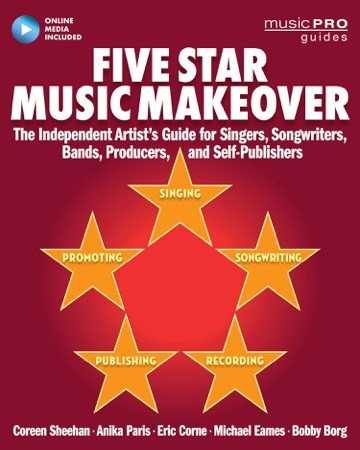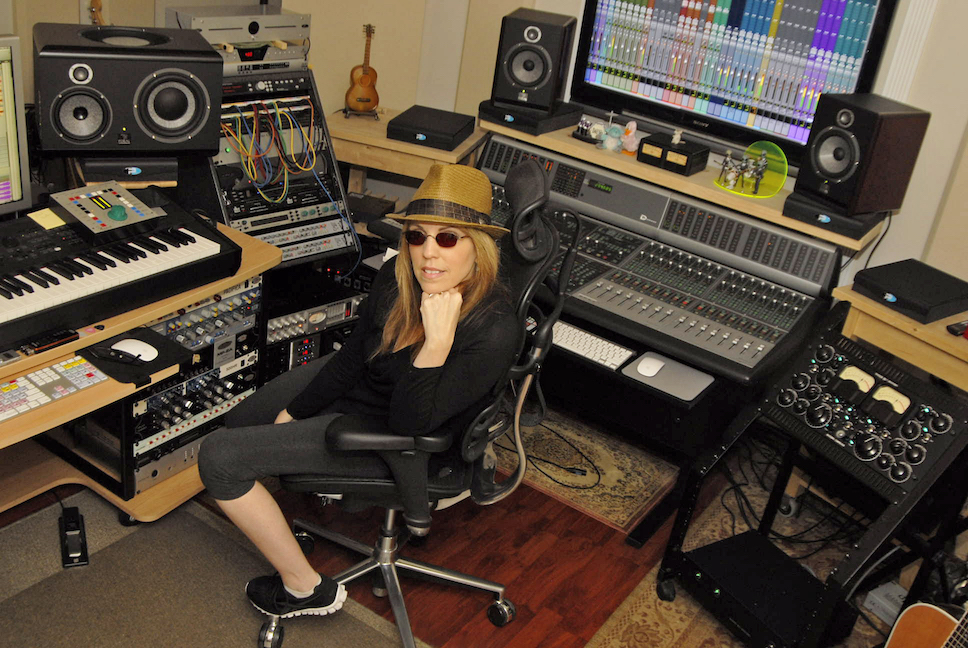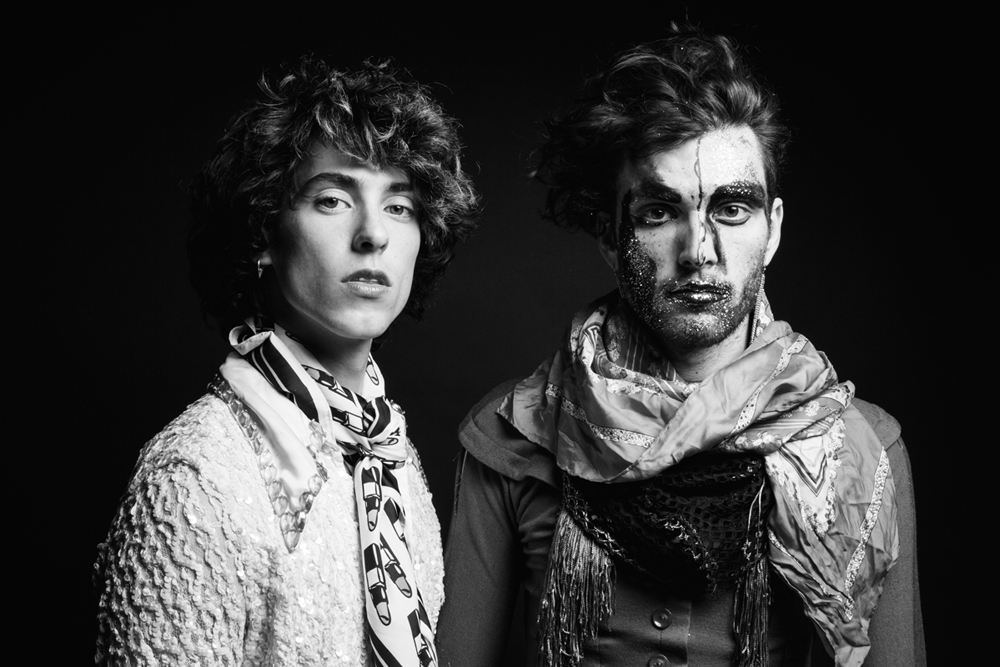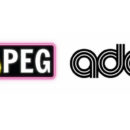Award-winning songwriter and instructor Anika Paris gets right to the bottom line when it comes to setting your sights and crafting your songs to pitch to publishers and film & television music supervisors. Here are some great do’s and don’ts...
1. Defining Your Goals—what kind of songs are you pitching?
It all begins with a song, and a great song should be able to stand on its own. What creates that pure and unexplainable “magic” that resonates with audiences? And how can we get those songs working for us, heard on TV, in ads, in films, on famous artists’ records and over the radio?
There’s no secret ingredient on how to write the perfect song, it’s often timing and luck. But, we do have control over defining our goals when pitching songs. Whether you are writing songs in hopes of a publishing deal, or representing yourself with songs to pitch directly to music supervisors, sync houses and ad agencies, having clarity on the kind of writer you are and where your songs fit is key. You must pick and choose writing styles to match which avenue you decide to take when pitching your music; whether as an artist, a songwriter, writing for TV commercials or for film. Let your contacts know where you envision your songs, and whether you are a one-stop shop. The more prepared you are, the more seriously you’ll be taken.
 2. When Writing as the Artist, be current with a twist.
2. When Writing as the Artist, be current with a twist.
Oscar Wilde said, “Be yourself; everyone else is already taken.” There should always be something definitively unique about your songs, so your voice and style stand out. Everyone is looking for the next craze of music. A “sound-a-like” with non-descript vocals can become dated and get lost in the pile. Be relevant, but hone your own artistic signature.
3. When Writing for Another Artist, uncover something personal.
Listen to the artist you are pitching to, and make sure your song matches their style, their vocal range and timbre. To be clever, read articles, Google them and try to find out what the artist may be going through in their personal life and write about it. Record labels will mention song styles the artist is looking for, but rarely a subject matter or lyrical content. So, touching upon something personal can only help. After all, you are competing with producers and top liners who write directly with that artist.
In addition, make sure to have a great production and write as radio ready as possible.
4. When Writing for TV/Film, familiarize and customize.
Getting a song licensed to television and film is mostly up to a music supervisor. However, a publisher can pitch on your behalf. Pull something from your catalogue that may fit a specific storyline of a show you’re watching, or go ahead and write something for a show to send in. Make sure to identify the current sound they are using before writing something that doesn’t fit. For example: Grey’s Anatomy often features ethereal ballads and love songs, versus something featured on HBO like Bloodline, which gravitates more toward quirky underground songs. When it comes to songs for films, it’s unknown territory. But independent films, versus blockbusters, often choose unknown artists over big names, because the budgets are smaller and the music palettes broader.
5. When Writing for Commercials, investigate products and brands.
There is definitely a formula for big box stores and major brands. Cathy Heller, songwriter and founder of Catch the Moon Music, has a lot of experience and placements. Some of her clients include giants like Walmart, McDonald’s, Kellogg’s and many more.
“It’s all about the vibe,” she says. “80% of the time they want music that is feel good, happy, playful and lyrically about being young, free and on the go. But, be sure to marry that with a hip, indie, fashion forward vibe, so you’re not just writing a jingle but a great standalone song. The other 20% of the time, there will be brands that have a different sonic palette. For example, Subaru gravitates more toward a Boniver and Lexi Murdock sound. Something slow, moody and melancholy. So, be sure to research brands before submitting.”
Furthermore, songs should have variation and dynamics, so there is plenty of room for dialogue if needed, and a production that builds up to the chorus.
Read More: FEATURE STORY: New Music Publishing Parameters: Creative Companies Adapt
6. One-Stop Shop, get everything in the clear.
One-Stop Shop means you’re legally setup to send your songs out without potential complications. You need to complete the following:
• Writers/Publishers Shares: Register all your songs with either ASCAP, BMI or SESAC. Make sure all writers splits are documented and agreed upon.
• Master/Producer Rights: Establish and negotiate Master ownership with your producer.
• Control: Get all creators on your team to give you control for songs to pitch.
7. Getting Past the Gatekeeper, personal relationships are key.
Breaking down the industry wall is overwhelming, and unsolicited emails often go unanswered. But, there’s always six degrees of separation, somebody knows somebody, who knows somebody.
So, exhaust all your resources to find a connection to an in-house person. Because personal relationships are always best. I worked for two celebrities, and I was the “gatekeeper.” I only let people through who bonded with me. I suggest you call before emailing to make sure they are accepting new material, and ask what format of music they prefer. And, whoever answers the phone, get their name, establish a connection.
Create a good email signature with a picture, keep it brief and specify why you’re sending your music. Don’t send 30 songs! Send your top three, and let them know there’s more. Michael Eames of PEN Music Group says: “I get so many emails with attachments. I prefer streaming links. I usually write back that I’m very busy, and that they should follow up with me in a couple of weeks. That eliminates those who are not serious. Most don’t write back. But those that do, I will listen to their work.”
Remember, it’s still a two-way street—music publishers, supervisors and ad agencies need music as much as songwriters need them.
 ANIKA PARIS is a published songwriter with Universal/Polygram and has had songs featured in major motion pictures via Miramax, Century Fox 21, Lionsgate, Universal Pictures and on HBO's Sex in the City, Desperate Housewives, American Idol, MTV, Oprah's OWN and many more. She is a coauthor of the book Five Star Music Makeover published by Hal Leonard Inc. See anikaparismusic.com.
ANIKA PARIS is a published songwriter with Universal/Polygram and has had songs featured in major motion pictures via Miramax, Century Fox 21, Lionsgate, Universal Pictures and on HBO's Sex in the City, Desperate Housewives, American Idol, MTV, Oprah's OWN and many more. She is a coauthor of the book Five Star Music Makeover published by Hal Leonard Inc. See anikaparismusic.com.













